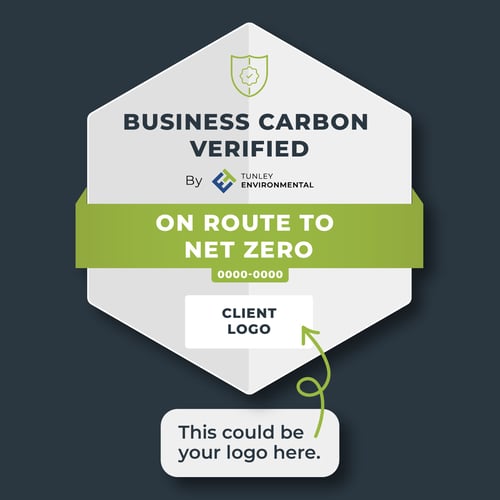NET ZERO: A VERY BRITISH PROBLEM
Tune into BBC Radio 4 as our CEO, Dr William Beer, shares insights on the pressing issue of reaching net zero and its challenges for the UK. Get a glimpse into the mind of a leader driving sustainability in the industry and learn how Tunley Environmental is making an impact.
-1.jpg?width=200&height=300&name=Tunley%20Headshots%20(3)-1.jpg)
DR WILLIAM BEER, PhD
CHIEF EXECUTIVE OFFICER
EXCERPT
The UK is a global success story when it comes to reducing carbon emissions. Committed to reaching net zero by 2050, we’ve surpassed targets for 2012, 2017 and 2022. We are ahead of all EU countries and other leading economies.
On paper we look good, but it’s about to get a lot tougher…
The carbon savings we’ve made so far have been the easy ones. To reach Net Zero, we need to start changing the way we live and work. We need to rethink our homes, our heating, our transportation and our food. We can’t reach net zero without these changes impacting on each and every one of us.
Join Will and other stakeholders in the sustainability sector, as they discuss the changes that can be made to increase awareness and make measurable differences in carbon reduction.




